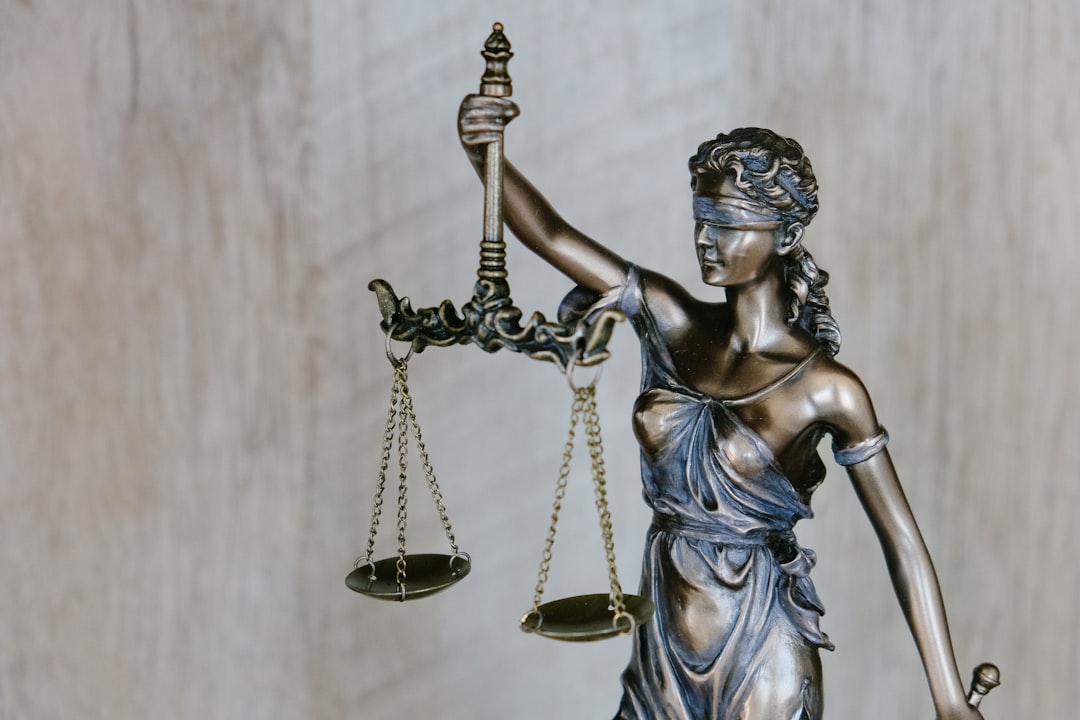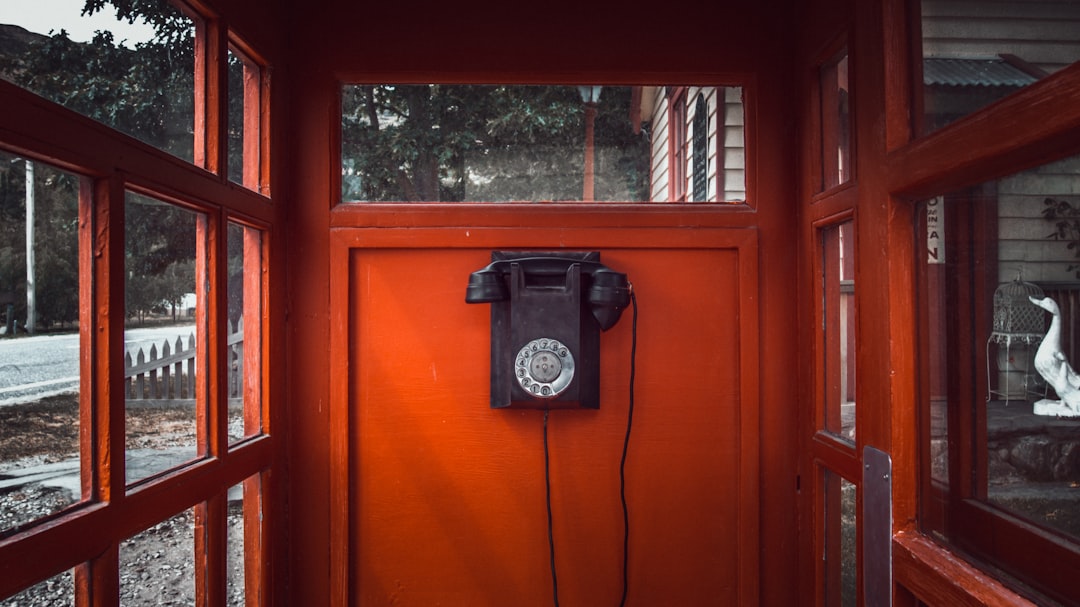The Telephone Consumer Protection Act (TCPA) protects Philadelphians from spam calls by regulating telemarketing practices, restricting automated calls for marketing and sales without consent, and banning prerecorded messages. A reputable Spam Call law firm in Philadelphia educates residents on TCPA rights against intrusive communications, even from businesses using local numbers. Legitimate marketing calls are exempt under the TCPA, but residents can seek legal action against unwanted spam calls.
“Navigating the complex world of telecommunications law can be daunting for Philadelphians. This is especially true when it comes to understanding the Telemarketing and Consumer Protection Act (TCPA), often shrouded in myth and misunderstanding.
In this guide, we aim to clarify the nuances of TCPA with a focus on Philadelphia residents. We’ll dispel common misconceptions about spam calls, explain who TCPA protects, and outline when calls are legally permissible.
For those seeking guidance from a Spam Call law firm in Philadelphia, this article offers valuable insights into your rights and protections.”
Understanding TCPA: The Basics Unveiled

The Telephone Consumer Protection Act (TCPA) is a federal law designed to protect consumers from unwanted and abusive telephone marketing practices, primarily focusing on spam calls. It’s crucial for Philadelphians to understand this law as it has a significant impact on their daily lives, especially with the rise of telemarketing calls and text messages. The TCPA restricts how businesses can contact consumers, ensuring that such interactions are made with prior consent.
This legislation applies to any entity making phone calls or sending texts en masse, including marketing campaigns, debt collection, or sales calls. A key aspect of the TCPA is its prohibition against automated dialing systems (ATS) without explicit consent. If you’ve ever received a spam call or unwanted text, it’s likely that your number has been added to a list without your knowledge or permission, highlighting the importance of awareness and understanding your rights under this law.
Common Misconceptions About Spam Calls

Many Philadelphians are under the impression that all unsolicited phone calls constitute spam, but this is far from true. The Telephone Consumer Protection Act (TCPA) defines spam calls as those made using an Auto Dialer or prerecorded messages, primarily for marketing purposes. Most legitimate businesses use different methods to contact customers, making them exempt from these restrictions.
Another common misconception is that you can never receive a spam call from a local number. In reality, spammers often use sophisticated techniques to mask their identities, making the caller ID display a local or even familiar number. A reputable Philadelphia spam call law firm can help educate individuals on identifying and reporting these deceptive practices, ensuring they remain protected under the TCPA.
Who Does TCPA Protect? A Closer Look

The Telephone Consumer Protection Act (TCPA) is a federal law designed to protect consumers from unwanted phone calls, specifically those related to telemarketing and spam calls. While many Philadelphians are aware that the TCPA exists, there are common misconceptions about who it actually protects. The act doesn’t just safeguard individuals; it extends its reach to businesses as well.
In the context of a spam call law firm in Philadelphia, the TCPA plays a crucial role in holding companies accountable for their marketing practices. It prohibits businesses from making automated or prerecorded calls to consumers without prior explicit consent, ensuring that Philadelphians’ peace and quiet are not invaded by relentless sales calls. This law is particularly relevant in today’s digital era where spam calls have become more sophisticated and widespread.
When Are Calls Considered Legal?

In Philadelphia, as in many places across the nation, calls from telemarketers and spam call law firms are heavily regulated to protect residents from unwanted and harassing communication. However, not all calls fall under this category. Legitimate businesses and organizations may still reach out to individuals through phone calls, provided they follow specific guidelines set by the Telemarketing and Consumer Protection Act (TCPA). These rules ensure that consumers’ privacy is respected while allowing for legal marketing efforts.
When a call is deemed legal, it typically means that the caller has obtained prior consent from the recipient or falls under an exemption specified in the TCPA regulations. This could involve calls from financial institutions, healthcare providers, or companies with whom you have an existing relationship. It’s crucial to understand your rights and options if you feel you’ve received illegal spam call law firm interactions. Consulting a legal expert specializing in telemarketing laws can help Philadelphians navigate these complexities and ensure their rights are protected under the TCPA.
Your Rights as a Philadelphia Resident

As a resident of Philadelphia, you have rights when it comes to protecting yourself from unwanted spam calls. The Telephone Consumer Protection Act (TCPA) is a federal law designed to prevent businesses from making nuisance calls and texts to consumers. This means that if a Philadelphia-based law firm or any other entity violates the TCPA by calling your phone without your prior consent, you have legal recourse.
If you’ve received spam calls, it’s important to know that you can take action. A reputable spam call law firm in Philadelphia can help you understand your rights and pursue compensation if you’ve been harmed by these unsolicited communications. Don’t let these nuisance calls go unanswered; reach out to a lawyer who specializes in TCPA cases to protect your rights and stop the unwanted attention.






